In today's world, corporate social responsibility (CSR) is not just a buzzword; it's a vital part of how businesses operate and connect with their communities. Companies that prioritize CSR initiatives often foster stronger relationships with their customers and employees, while positively affecting the environment and society. By implementing sustainable practices and giving back to local causes, businesses can enhance their brand reputation and drive long-term success. Curious to learn how you can craft an impactful CSR proposal? Let's dive into the details!

Executive Summary
Corporate social responsibility (CSR) initiatives represent a vital opportunity for companies to positively impact their communities while enhancing their brand image. The proposal outlines strategies for engaging local stakeholders (residents, businesses, schools, and non-profits) in initiatives such as educational programs, environmental conservation projects, and health awareness campaigns. For instance, a partnership with local schools (over 20 institutions) can provide mentorship and internship opportunities for students, promoting skill development and community engagement. Environmental initiatives could include tree planting drives in urban areas (targeting 500 trees) to combat urban heat and improve air quality. Moreover, health awareness campaigns focused on preventive care can benefit over 1,000 community members, reducing healthcare costs and improving overall well-being. This CSR proposal aims to build sustainable relationships, foster community development, and enhance corporate reputation while simultaneously driving long-term business success.
Objectives and Goals
A well-structured corporate social responsibility (CSR) proposal outlines specific objectives and goals aimed at enhancing community engagement and promoting sustainable practices. Proposed initiatives may include reducing carbon emissions by 25% in two years through the implementation of energy-efficient technologies in facilities, targeting a 50% increase in employee volunteer hours dedicated to local non-profit organizations in the next fiscal year, or launching a scholarship program to support underprivileged students in urban areas, providing financial assistance to at least 100 individuals annually. The proposal emphasizes measurable outcomes, such as quarterly progress reports and community feedback mechanisms, ensuring accountability and transparency in achieving these ambitious CSR objectives.
Proposed Activities and Initiatives
Corporate social responsibility (CSR) proposals typically encompass activities aiming to positively impact communities and environments. Proposed initiatives may include community clean-up events in urban areas, where local volunteers contribute to environmental sustainability efforts. Educational programs targeting underprivileged youth in specific neighborhoods may focus on mentorship and career skills development, aiming to reduce skill gaps and unemployment rates. Partnerships with local non-profits could enhance food security through monthly food drives, addressing hunger in low-income regions. Additionally, sustainability initiatives like tree-planting campaigns in urban parks or collaboration with renewable energy organizations could promote ecological awareness and reduce carbon footprints in cities. Implementing these initiatives requires detailed planning, community engagement, and measurable outcomes to gauge success.
Budget and Resources
The successful execution of a corporate social responsibility (CSR) initiative requires a well-structured budget and comprehensive allocation of resources. A projected budget of $100,000 can support three main programs: environmental conservation, community education, and employee volunteerism. The environmental conservation program, estimated at $40,000, focuses on tree planting initiatives in local parks like Central Park, aiming to plant 10,000 trees by 2025. Community education, allocated $30,000, includes partnerships with local schools for STEM education workshops, benefiting around 500 students annually. The remaining $30,000 targets employee volunteerism, encouraging staff participation through paid volunteer days and team-building activities, fostering community engagement. Resources will encompass funding, materials, and volunteer time, ensuring sustainable and impactful outcomes for these initiatives.
Measurement and Evaluation Criteria
Corporate Social Responsibility (CSR) initiatives require robust measurement and evaluation criteria to assess effectiveness and impact. Key Performance Indicators (KPIs) are essential metrics for evaluating outcomes, which may include community engagement levels, volunteer hours completed by employees, and funds raised for local charities. Additionally, stakeholder feedback is critical, often collected through surveys distributed among community members or beneficiaries, ensuring their perspectives are included in the evaluation process. Furthermore, regular reporting (quarterly or bi-annually) can track progress, with financial metrics addressing return on investment (ROI) for various projects, such as the percentage increase in community satisfaction. Overall, a comprehensive approach enables organizations to align their CSR efforts with broader corporate goals while fostering transparency and accountability.

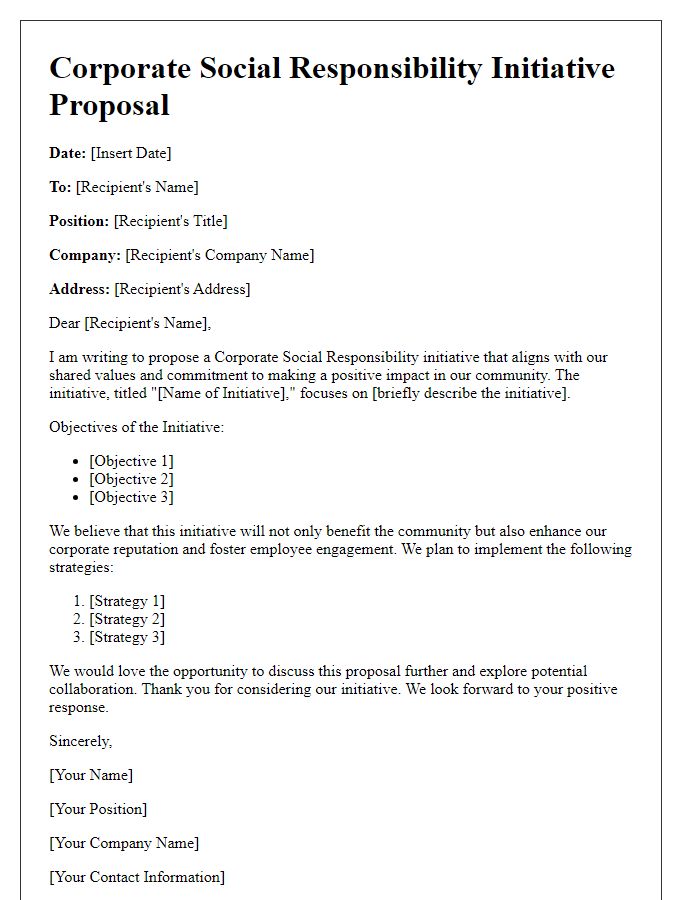
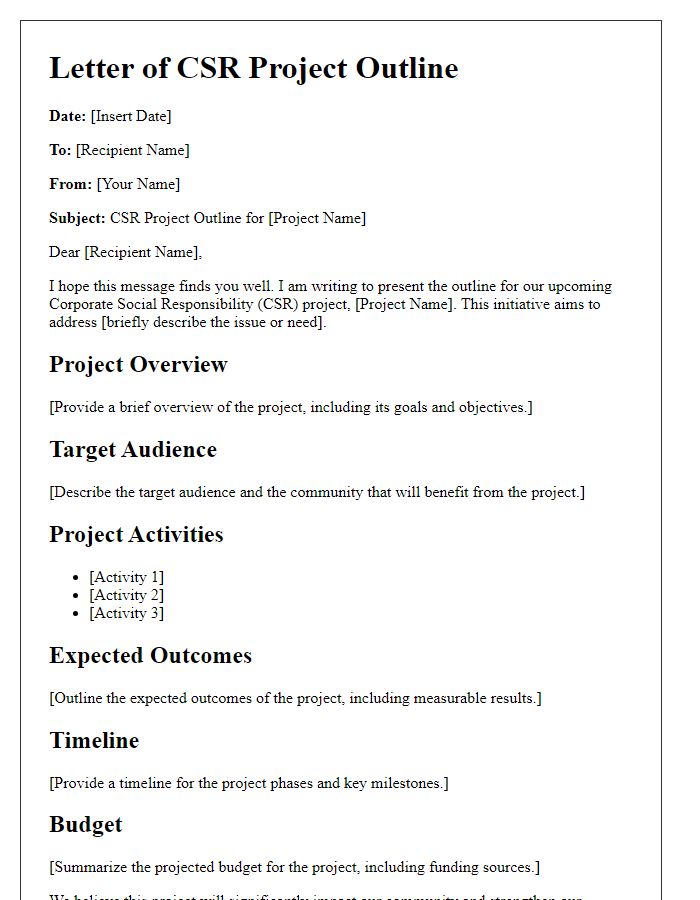
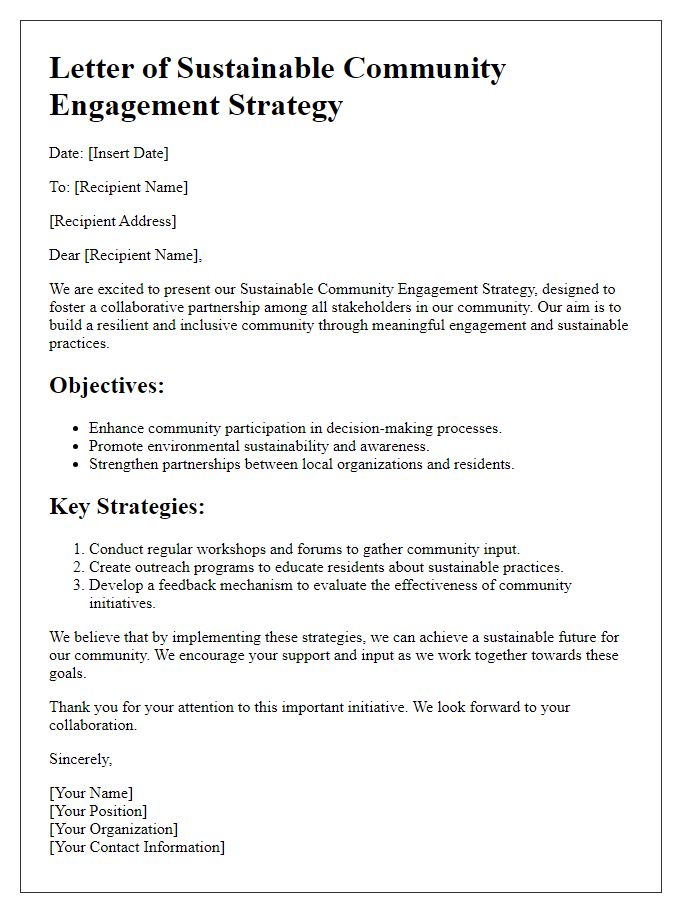
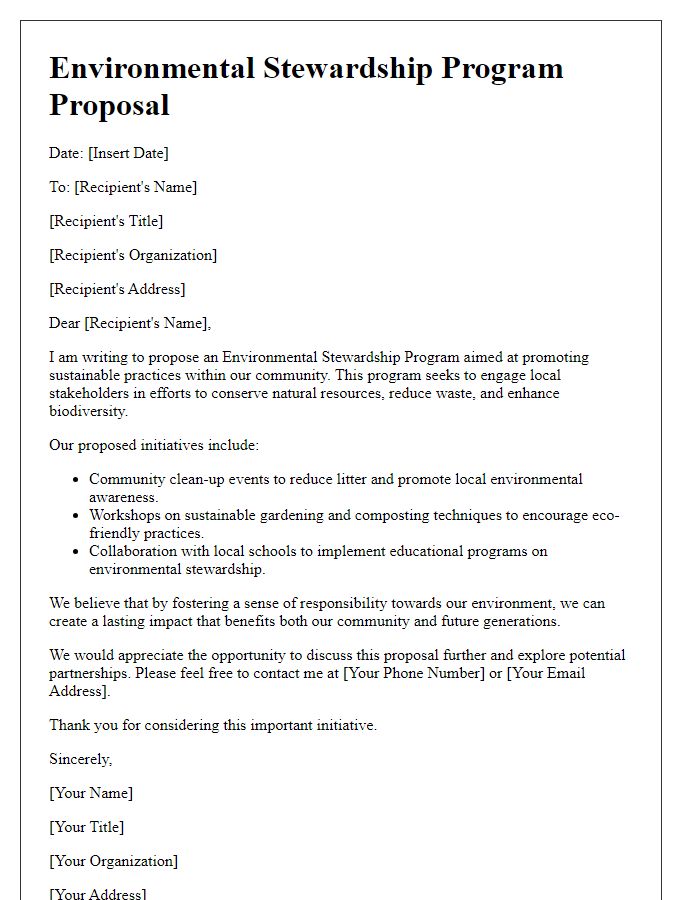
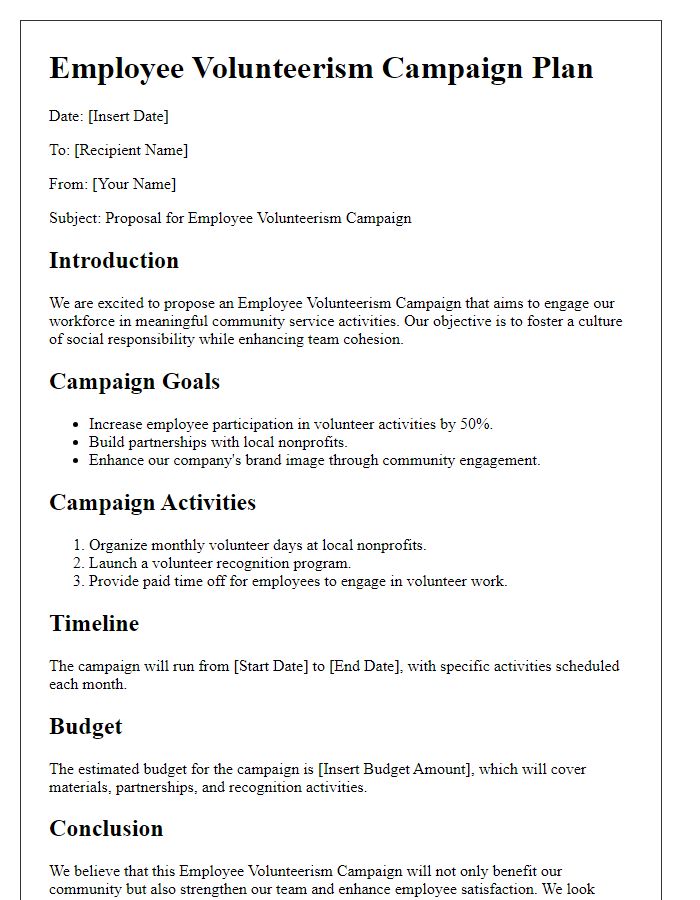
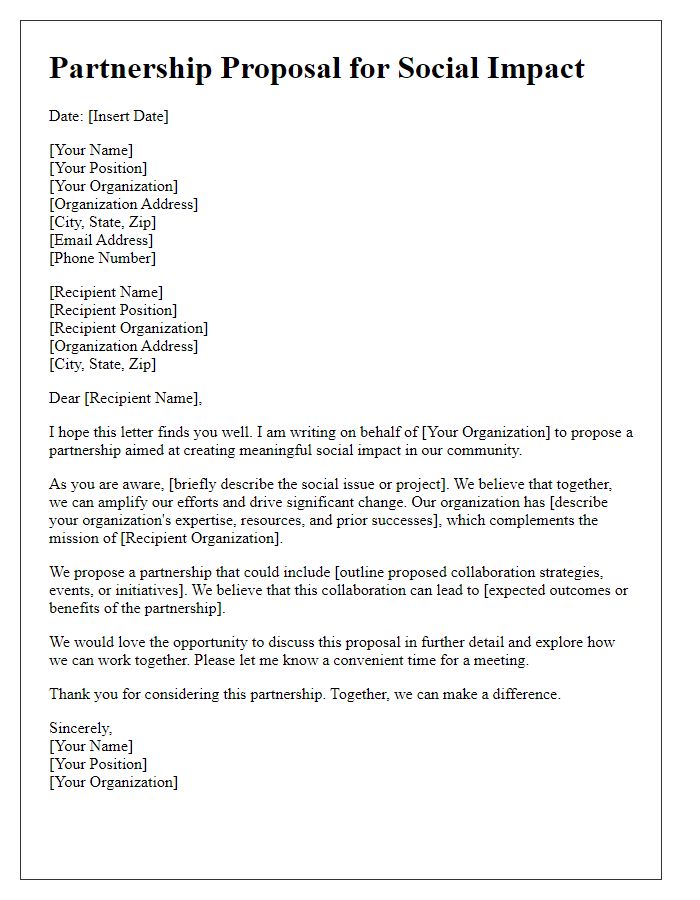
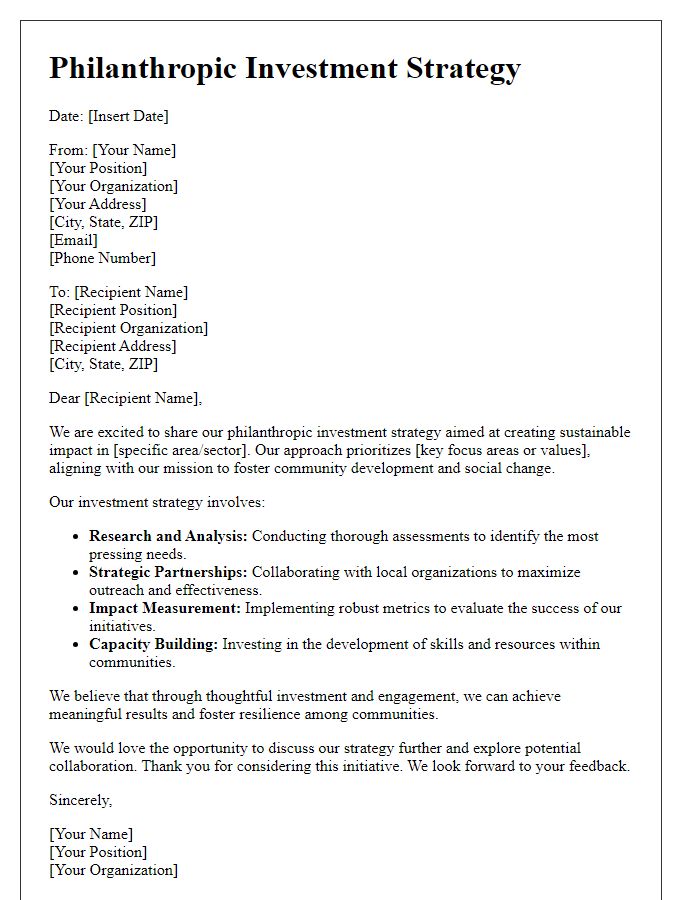
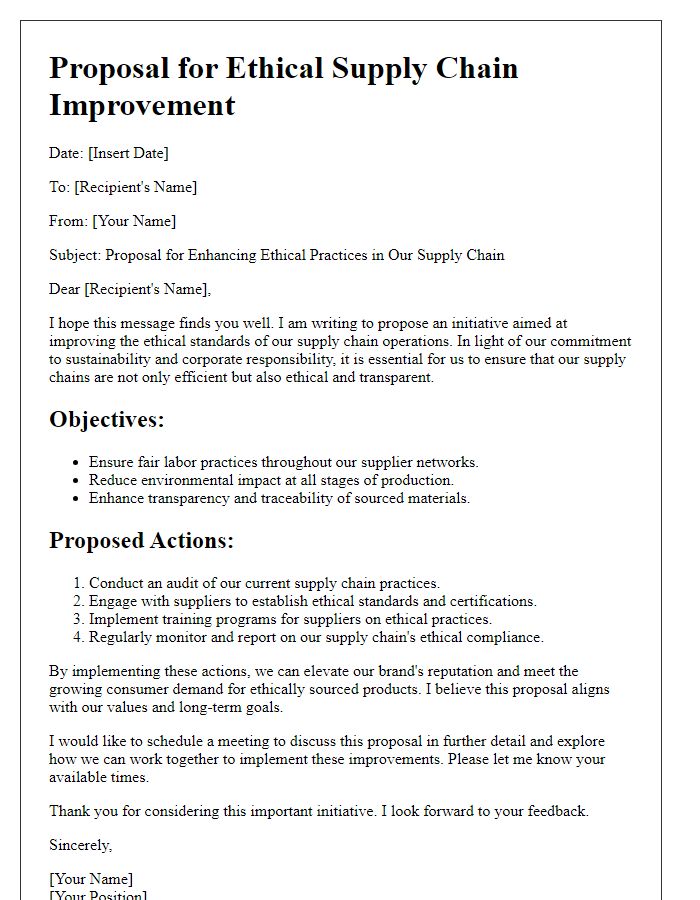
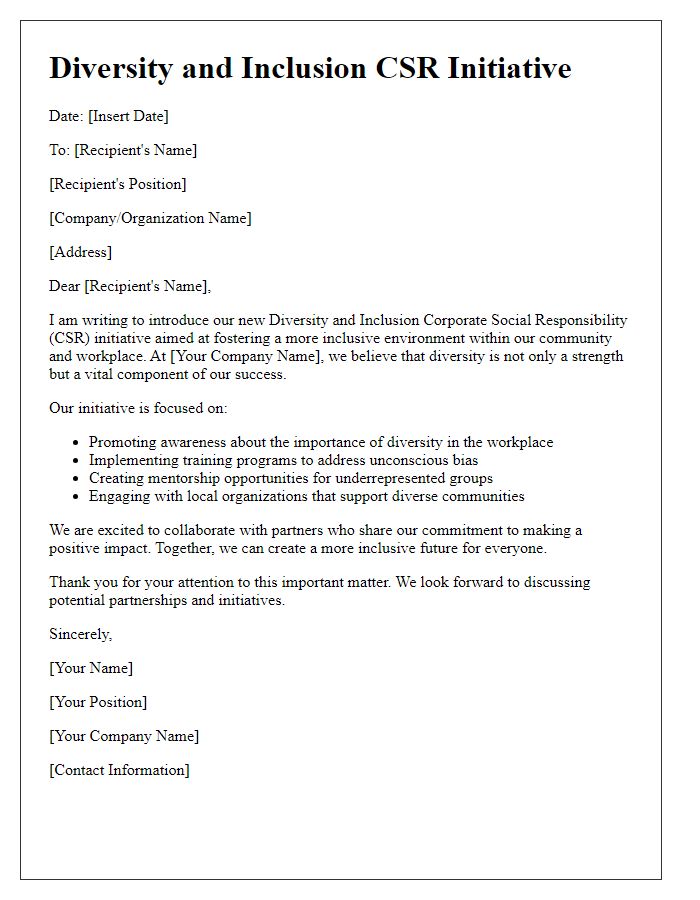
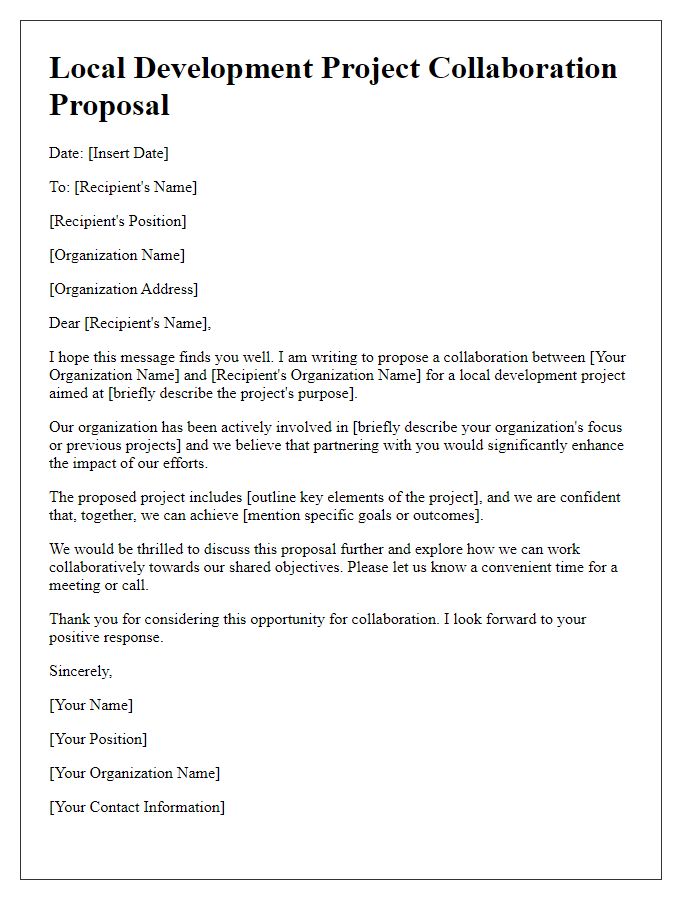


Comments